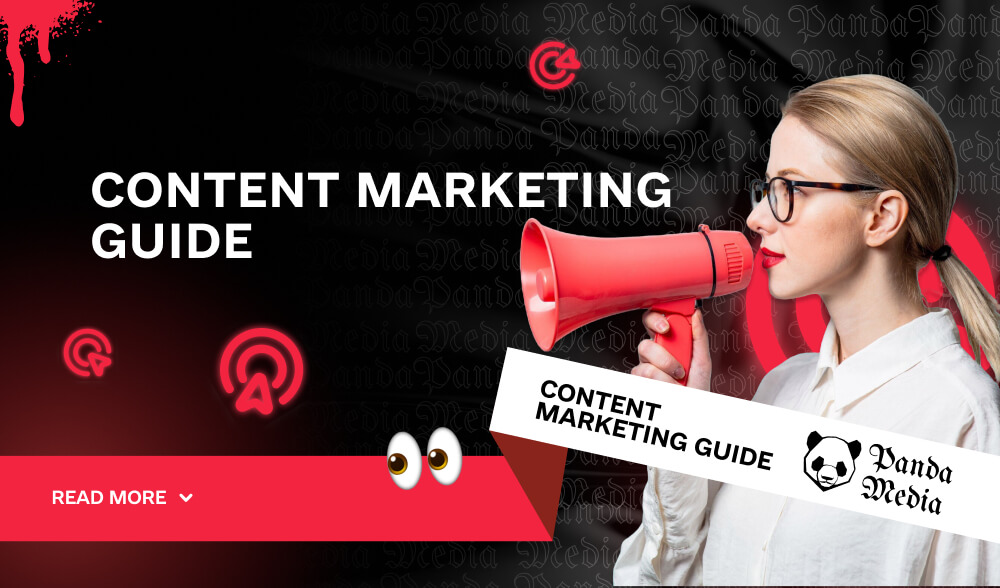Don't miss interesting news

Content marketing remains one of the most effective tools for promoting a business online. However, writing articles is a process that requires time, effort, and resources. It is important not only to create interesting and useful content, but also to promote it to attract the audience and increase your website’s position in search engines. If you are thinking about creating articles for your project, you need to answer a few key questions and organize your work properly.
Promotion through content makes sense if you have a stable budget for copywriting services or you have the ability to regularly write articles yourself.
If not, you should think about it and answer three questions:
If you answered “yes” to all the questions, you can safely move on to the next stage.
When choosing topics, there are several important points to consider:
The clearer and more thoughtful the tasks are, the better the materials will be. It will also help you save money on choosing a copywriter.
The article’s ToR should include:
Before approving the text, review your terms of reference once again: does the finished material meet all the requirements? Make sure that all the important points are taken into account and that the text itself is useful to your readers. You can use tools like languagetool to improve readability, uniqueness, and literacy.
When you publish an article, don’t forget to pay attention to such important points as:
Now the text looks more natural and reader-oriented.
The most convenient way to raise an article to the top of search results is to use rented links. Choose sites that are similar in topic to your content and rent several links to them through special services. When the article has already reached the top, the links can be gradually removed to avoid a sharp drop in positions.
Regularly analyze the effectiveness of your articles: how much traffic they bring, how they affect conversions, whether your site is growing in search results. You can track these and other indicators using the free Google Analytics service.
This way, you can understand which materials are better received and which keywords should be added to your texts. Based on the data, you can also update your existing content for even better results.
Here’s a useful list of services:
Writing articles and promoting through content is a powerful tool for driving traffic and growing your business. However, to succeed, you need to carefully select topics, use keywords effectively, and constantly analyze the results. If you have the time and resources, articles will be a great way to expand your brand’s online presence.